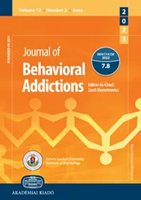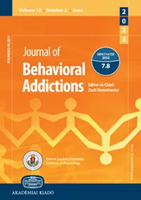
Hope and health related life quality among thalassemic patients
Background: This research examined the hope and health related life quality among thalassemic patients, mainly focusing on thalassemic patients with either on initial or advance stage. The study was aimed at exploring the hop in relation to the health related quality of life among thalassemic patients. Method: A cross-sectional study design was utilized. A sample of diagnosed male and female thalassemic patients, at initial or advanced stage, (N=60). The tools used were: the Urdu version of the Herth hope index and the sf-36 of quality of life scale. Result: The results exhibited strong relationship between the hope and quality of life. Further result study also proved, significant gender and severity and condition of disease base differences, showing male Thalassemic patients with higher level of hoper in comparison to female thalassemic patients. Additionally, the thalassemic patients at initial stage of the disease of both genders had a higher level of hope than the patients at advanced stage of disease. On the other hand, female thalassemic patients experience higher quality of life than male patients. Conclusion: The results emphasize the preponderant importance of psychological measures to evaluate and provide thalassemic patients with a psychological support and help to improve the level of hope and health related quality of life among thalassemic patients.
More...













